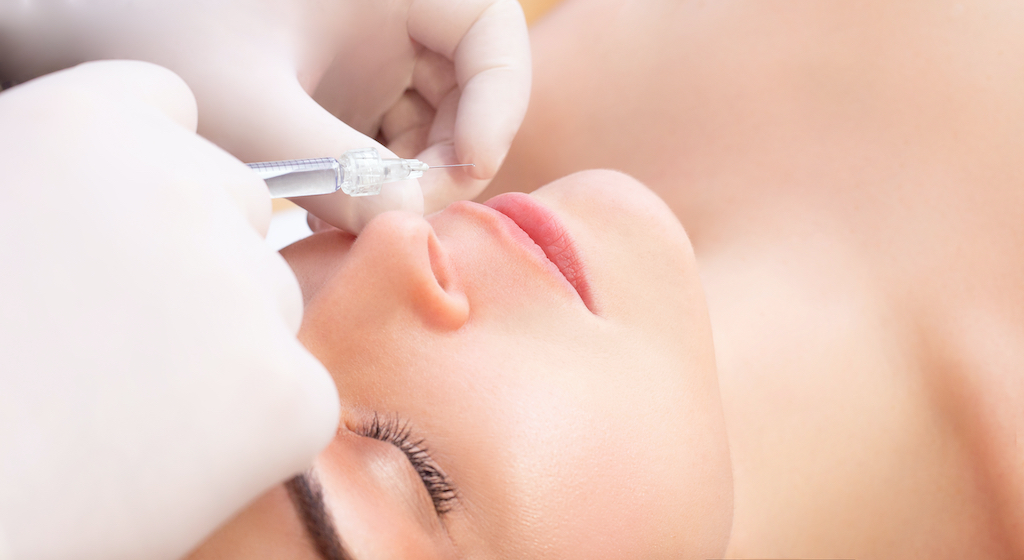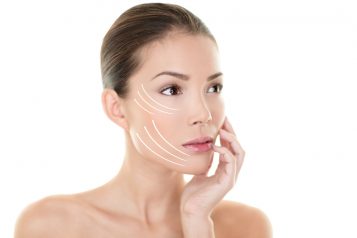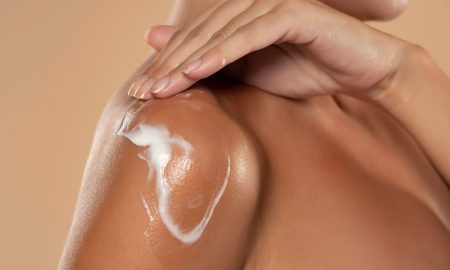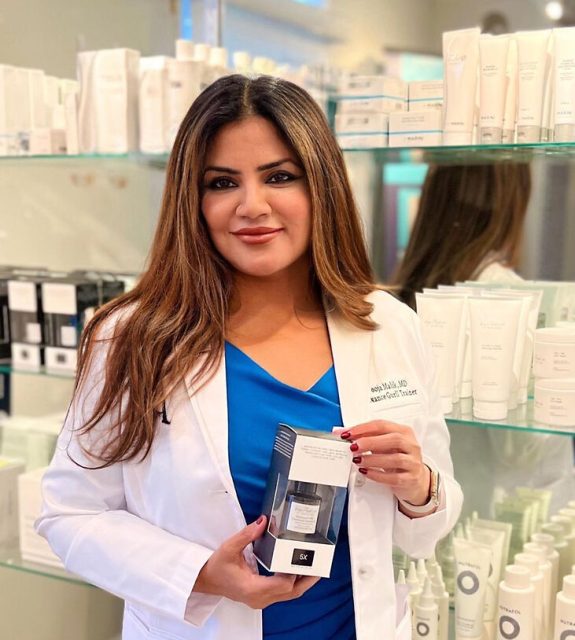Dermal fillers are one of the most popular cosmetic treatments that address wrinkles, fine lines, and adds volume to areas of the face that have lost it. Fillers are administered via an injection which means it is an outpatient procedure and virtually painless. However, without seeking out an expert professional it is that much easier to go overboard. When dermal fillers are overdone, the face tends to appear more swollen and displays what is commonly called “chipmunk cheeks.” That's why we sat down with some of the most well-versed doctors in fillers, to learn how to avoid getting an over-filled face through injectables.
 Photo Credit: Shutterstock
Photo Credit: Shutterstock
“An over-filled face always looks older, rounder, and not contoured or lifted. In my opinion, it can also look very fake and unnatural,” says Haute Beauty face expert, Dr. Anna Avaliani who represents the New York market.
“People should look for artistic doctors and not injectors because anyone that has two hands can inject, but it takes an artist and a skilled expert to inject correctly,” she adds.
Initial Consultation
Getting your desired results when it comes to filler, begins at the consultation. Many things are taken into consideration before the actual injections. To start, there are a number of types of fillers to choose from that include, Restylane, Juvederm, Radiesse and Sculptra. Selection is based on the concern that is being addressed. Meaning, any filler cannot just be injected anywhere.
“One will always look overfilled if the consultation was performed incorrectly with a wrong facial assessment. The goal is to never inject into lines but rather understand where and why the lines are forming first. It is never about only fillers that add volume,” says Dr. Avaliani.
“There are different types of fillers that add support and most people need a combination of both support first and a little volume second,” she adds.
There are also certain things that might make a person, not a good candidate for fillers in these cases at the initial consultation an alternate course of treatment can be discussed.
“Dermal fillers are generally considered safe for the patient, but there are some issues that are considered contraindications. These common conditions are active infection in the skin, face, sinuses or teeth, immune compromise, blood thinner medications or clotting disorders, allergy to lidocaine or hyaluronic acid, or certain autoimmune disorders. Always make sure to discuss all of your current or past medical issues with your injector before proceeding with injections," says Haute Beauty Face Expert Dr. Behrooz Torkian.
 Photo Credit: Shutterstock
Photo Credit: Shutterstock
Dissolving Fillers
If you are in the situation that you have been over-filled and do not know what to do. It is important to know that you have options. Fillers can be dissolved via injections as well or surgically.
Dr. Avaliani notes that the process of dissolving fillers involves patience. “We educate patients that it's a gradual process which happens over a few sessions. They appreciate that they gradually improve rather than walking in deflated… Steady and gradual is the best way and simply the safest way for injections,” she says.






















